Clinical Biochemistry, Immunoassay & ELISA
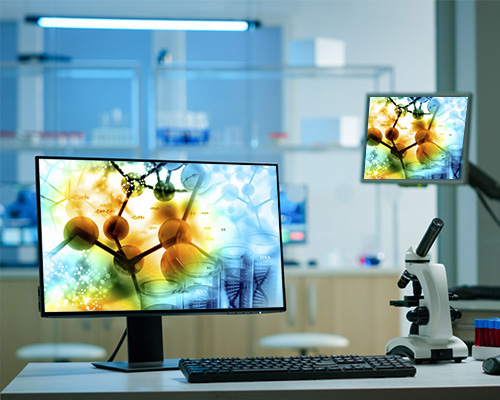

Clinical Biochemistry, Immunoassay & ELISA
Clinical chemistry (also known as chemical pathology, clinical biochemistry or medical biochemistry) analyses bodily fluids for diagnostic and therapeutic purposes. The most common specimens tested in clinical chemistry are blood, body fluid and urine. Many different tests exist in clinical chemistry that can evaluate various chemical components including, but not limited to, glucose, electrolytes, enzymes, hormones, lipids (fats), proteins and other metabolic substances.
Immunoassay is a bioanalytical method that measures the presence or concentration of analytes such as hormones and infectious markers through an antibody or an antigen as a bio-recognition agent. ELISA stands for Enzyme-Linked Immunosorbent Assay, used to detect and measure antibodies in autoimmune diseases, infectious diseases and allergies.
Our department of clinical chemistry and immunoassay are equipped with world-class (State-of-The-Art Technology) instruments from Johnson & Johnson (Ortho Clinical Diagnostics) (Vitros), Siemens, BioRad, Tosoh & Sebia, capable of handling large volumes of various diagnostic tests with maximum precision and accuracy. Our department was also the first in the country to install the Vitros 5600 integrated analyzer with its capacity to perform 1000 tests per hour chemistry and 200 Immunoassays per hour. The department uses fully automated HPLC VARIANT analyzers from TOSOH, D-10 & H8 analyzers, and Nephelometry analyzer Mispa. We have highly efficient, experienced staff to perform the tests with utmost expertise and care along. We follow stringent processes and six sigma applications to ensure quality for accurate, complete and timely reports.
Clinical Pathology
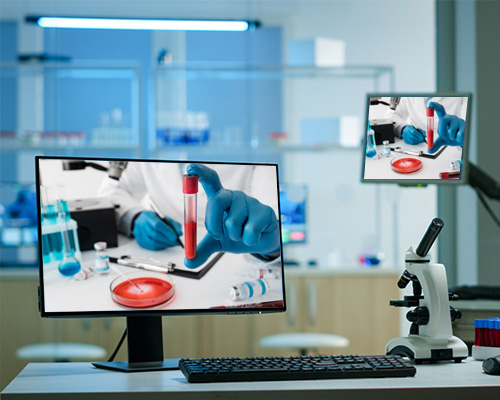

Clinical Pathology
Genetic tests
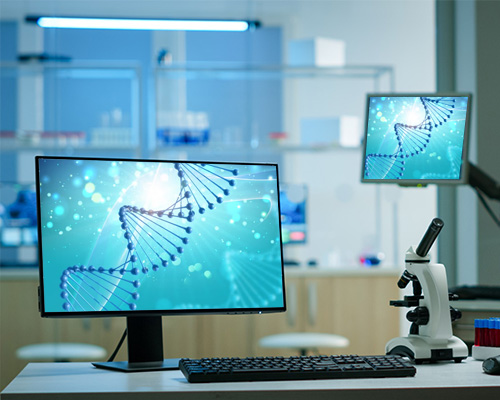

Genetic tests
Hematology & Coagulation Studies
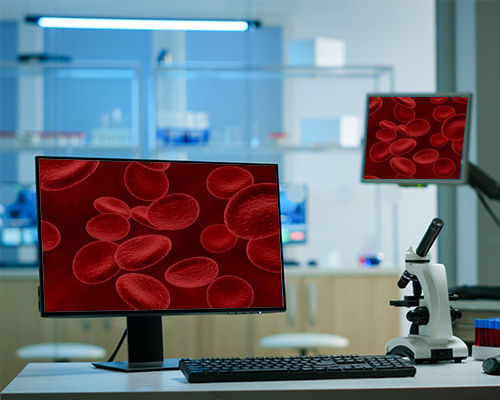

Hematology & Coagulation Studies
Histopathology & Cytopathology
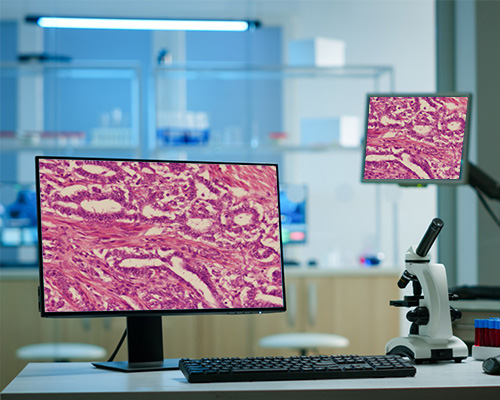

Histopathology & Cytopathology
Microbiology
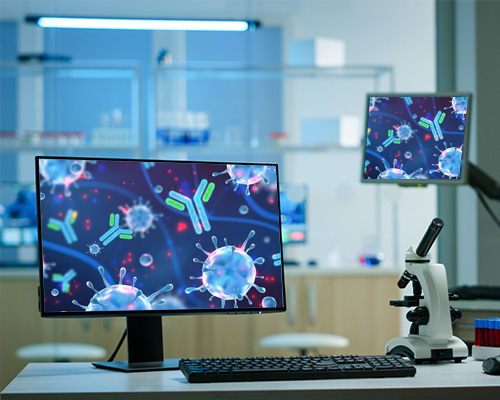

Microbiology
Molecular Pathology
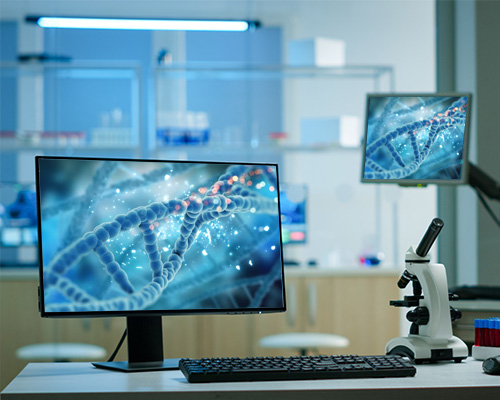

Molecular Pathology
Serology
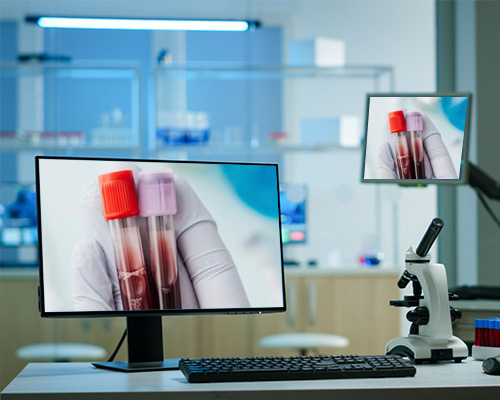
Types of Serology tests :
There are different kinds of antibodies. Hence, there are different types of tests to detect these antibodies.
1. An agglutination assay shows if antibodies exposed to some antigens will result in article clamping.
2. The Western blot test checks for the presence of some antimicrobial antibodies in the blood by the reaction with some target antigens.
3. A precipitation test reveals if there are similar antigens by measuring the antibody’s presence in body fluids.

Serology
Make an Enquiry
Contact Details
Location :
Phone No :
Whatsapp No :
Email ID :
info@longlifenet.in
